A third of people with schizophrenia in the UK say the care and support they receive has got worse in the last two years, a new survey by the charity Rethink Mental Illness has found.
Of the 1,000 people polled, 9 out of 10 said not getting the right support had a negative impact on their overall quality of life.
Four people diagnosed with the illness – and who appear in a short film made by the charity to challenge people's preconceptions of what it means to have schizophrenia – spoke to BuzzFeed News about how, with the right access to talking therapies and medication, they are able to lead full and normal lives.
"When I have been very unwell, I’ve had people cross the road to avoid me, and I have experienced being spat at and occasionally called names," said Alice.
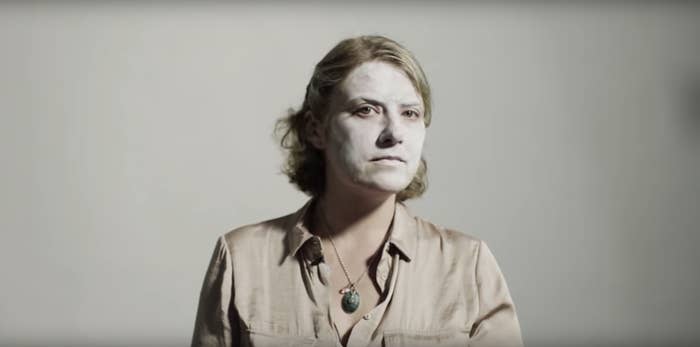
"My illness affects me every day and every day is different. I find the medications I take tend to make me very sleepy, particularly first thing in the morning. I use cognitive behavioural therapy (CBT) techniques, which involves changing the way you think or behave, to challenge the hallucinatory and paranoid aspects of the condition, but it took quite a lot of work and persistence to get used to using these techniques.
"If I am very unwell I can't listen to the radio or watch television. I can be quite forgetful and so I keep a diary and set reminders on my phone. I make sure I sleep properly and if I have insomnia I know it is an early warning sign so I make sure I get help to get my sleeping pattern back in order.
"I have had some very difficult experiences in the work environment over the years applying for hundreds of jobs, being open about my diagnosis, and then not being taken on because people think I might be unreliable. I now work on a freelance basis because I can guarantee that the people that give me work are confident in my abilities and understanding of my mental health condition.
"One person told me that before she found out I had experienced schizophrenia she had assumed that people who had the condition were dangerous and unpredictable. I don't blame people in any way for these preconceptions. I generally think that it is fear that makes people react to me with prejudice and that if people were to see me and others as people beyond the diagnosis they would be less likely to be frightened.
"I want people to know that schizophrenia shouldn’t stop people leading a full life."
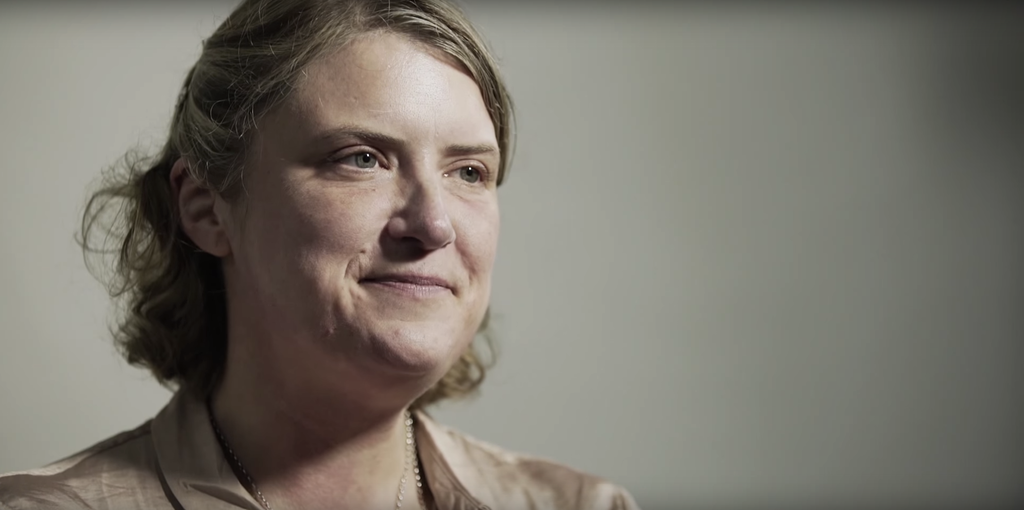
"I am extremely lucky to have an extraordinary bunch of friends who look out for me. They are incredibly supportive and help me not to give up hope when I am unwell or going through difficult times.
"Sadly, many people don't get the right access to talking therapies like CBT due to endless cuts and underfunding of mental health services. There are not enough emergency beds for people when they are unwell.
"People should have support before they get desperately unwell so that they don't have to go through the trauma of emergency care or being picked up by the police.
"It took me 10 years to make a recovery and access the right care, because of the lack of funding and support for our doctors and nurses. If I had broken my leg and it had taken that long to get seen people would be shocked, yet we continue to allow vulnerable people who face lots of serious challenges to be left in terrible situations."
"When the traffic turned in front of me, I used to think it was deliberate and that the traffic knew where I was going, that I had a sensor on me," said Andrew.
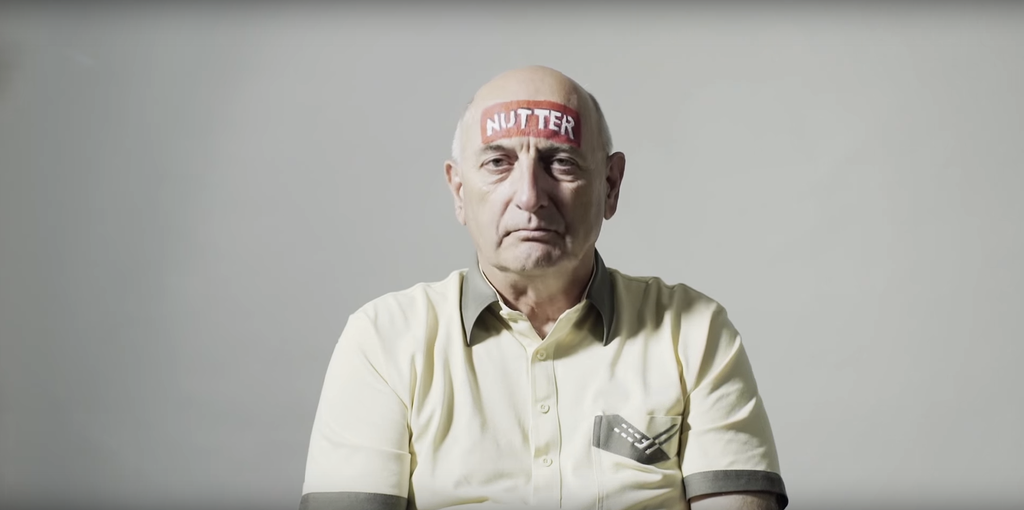
"Now I take medication and I think I share the same version of reality as others. I have talking therapies and I like mindfulness and meditation from time to time. I find doing digital cartoons of my experiences is therapeutic and helpful.
"Living with schizophrenia limits me as the medication I take is a sedative, and I struggle because of the limited opportunities that I am offered, despite having a fairly good and disciplined brain.
"I've been lucky that people who mention my mental health have been quite generous."
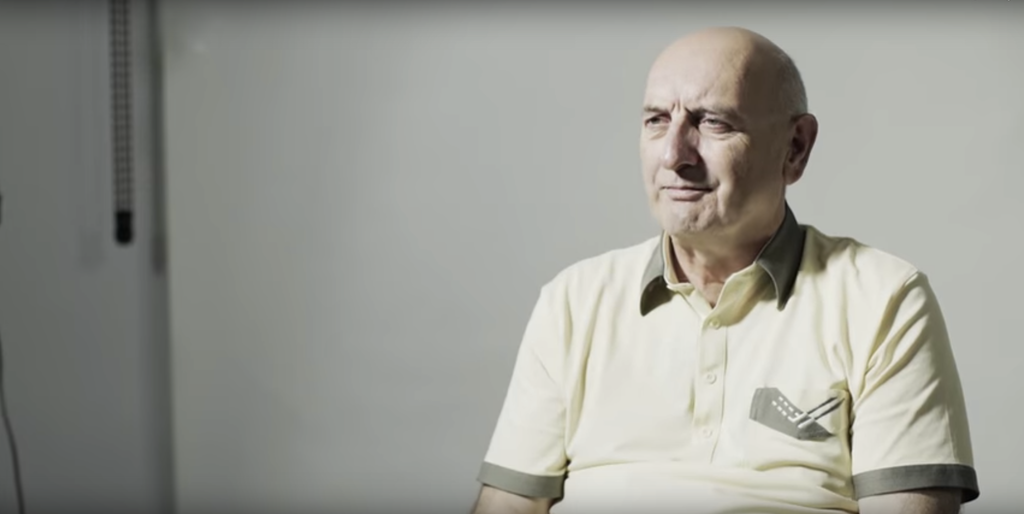
"I had one comment about how I've transformed from a smelly dirty tramp with psychosis into a participating resident of my social housing scheme: 'You've scrubbed up well!'
"One chap I knew joked: 'Haven't done anything notorious lately, have you?' when he saw me mentioned in the local paper for organising a mental health art show. I am very happy to get open-minded comments like these, and to be accepted."
"Some people assume that schizophrenia means you have a split personality or that you’ll behave violently, which isn’t always true," said Sonia.
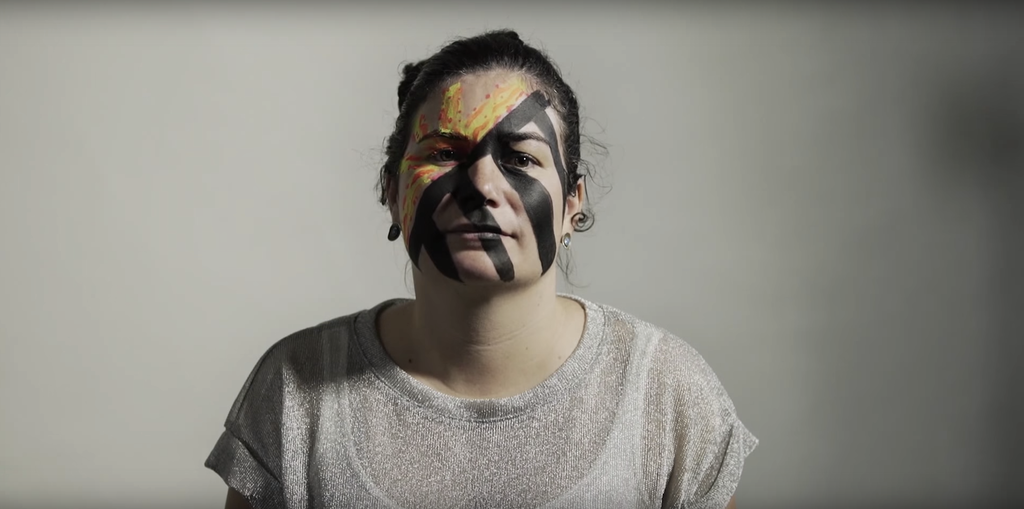
"There is just a general lack of knowledge about this illness. I generally feel a lack of drive and motivation due to the illness and my memory got worse. I also have social anxiety.
"I manage it mainly through medication and I also did talking therapy for some time.
"With my new medication I feel much more energetic.
"It's hard to live with schizophrenia but if you get access to the right medication and support sooner, it’s possible to live a normal life."
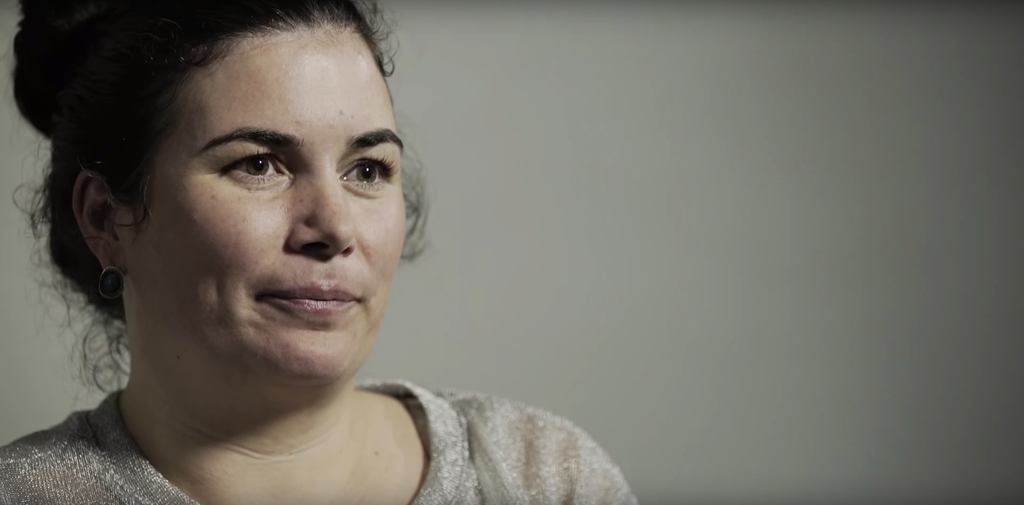
"People sometimes laugh at me, or are shocked when my illness makes me behave strangely.
"Most of my friends are understanding, although I've lost a few because of schizophrenia. They just don't reply to calls or texts any more."
"People see schizophrenics as violent, scary individuals that do terrible things, because of dramatic portrayals of the illness in film and the media," said Paul.
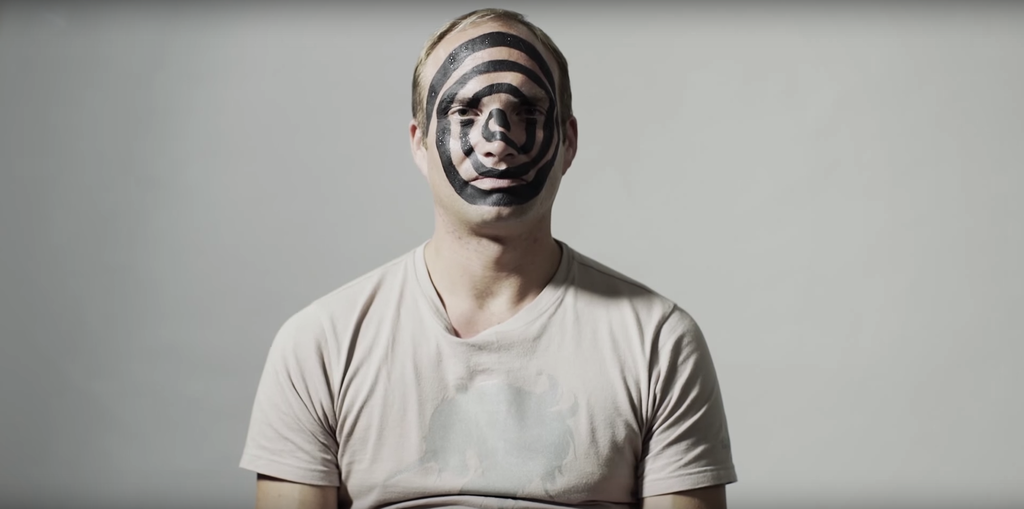
"In my eyes, the negative stigma that surrounds the illness is more damaging than the illness itself, as it strikes fear into sufferers, carers and the wider community.
"When diagnosed, people are usually in an extreme state of distress. At the time of my diagnosis, I was left with a question mark as to what it meant for me and how it would affect my life.
"I manage my illness with medication but don't see this as a cure at all. For me it acts as a crutch. The real support comes from family and friends and professionals like my psychiatrist and support worker. These external support structures help me to talk about what I am experiencing and dispel and paranoid thoughts, voices, and hallucinations that can be extremely overwhelming when in a deep state of the illness.
"I have also found that using mindfulness techniques helps me to realign how I perceive what is going on around me. With what I experience, a brief moment of silence can last for a long time and provide me with a renewed sense of self and a feeling of reintegration once again."
"My hope for the future is that it becomes socially acceptable to talk about mental health like we do physical health."
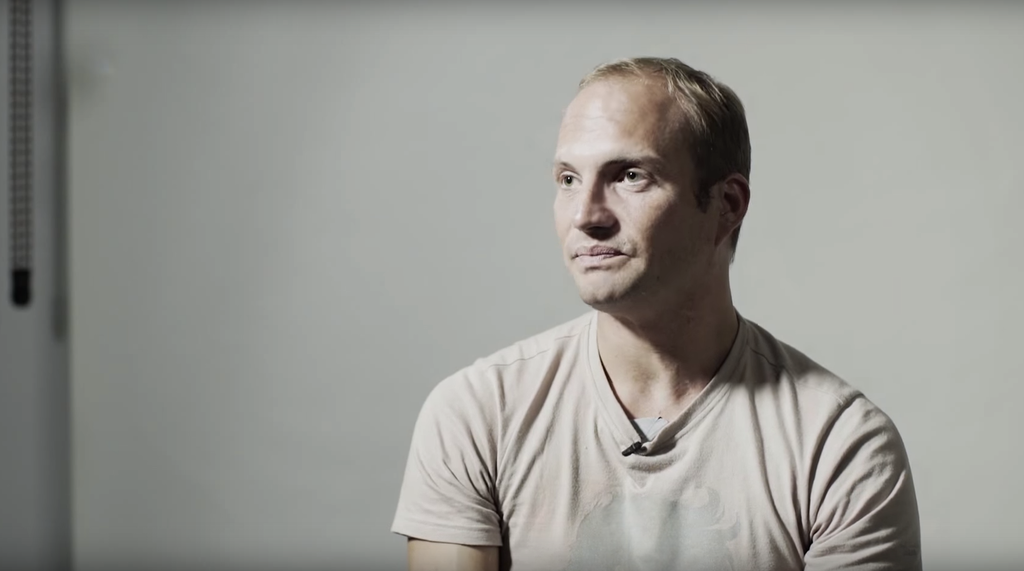
"The stigma surrounding this illness could be reduced if we didn't have the worry of judgement.
"People are usually shocked when I first tell them about my schizophrenia, but when I've explained in depth what I experience they start to understand that there are people out there who suffer from the illness yet continue to live capable lives."


